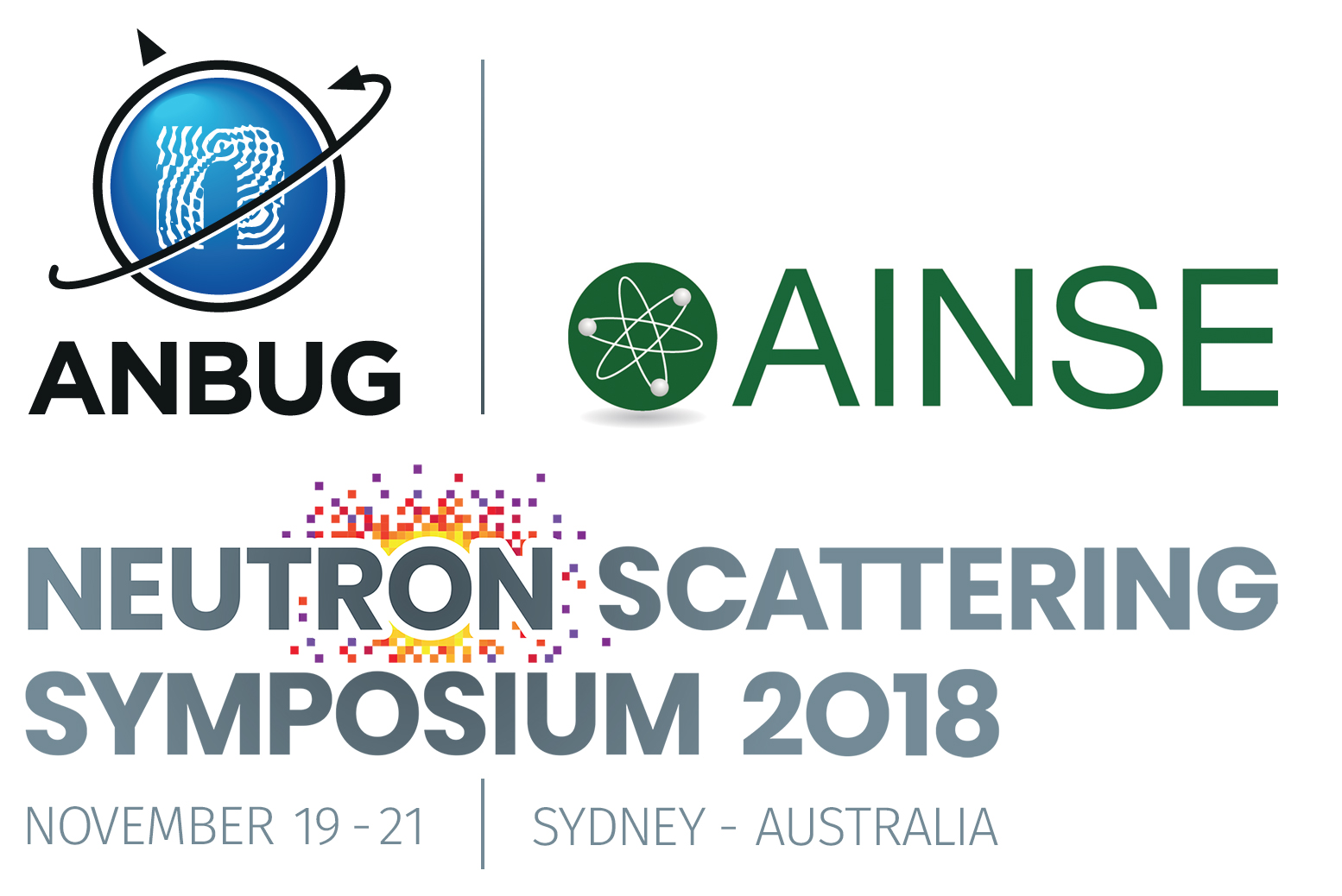Speaker
Description
Welding is a foundational aspect of all large-construction industries, ensuring strong, sustainable connections. Due to its relative operational simplicity, welding has become the most important industrial process used for manufacturing of metal parts. Also, the insertion of welding in the context of additive manufacturing (AM) make the welding knowledge to be a great importance for the development of new technologies.
In welded structures residual stresses (RS) are formed primarily as the result of differential contractions which occur as the weld metal solidifies and cools to ambient temperature. Generally, RS are considerably large in layer by layer AM parts. RS have a significant effect on fracture resistance, creep and corrosion/fatigue performance and a full understanding of these stresses is desirable. Therefore, experimental measurements are essential to establish a quantitative understanding of the sign, magnitude and distribution of RS in both traditional welding and AM process. Neutron Diffraction (ND) is outstanding in its ability to obtain RS non-destructively within the subsurface and interior of components. Therefore, the angular scanning instrument KOWARI has been selected in our studies for RS measurements on many big components from industries.
Welding introduces inhomogeneity and defects such as bad joint preparation, lack of fusion, solidification cracking and distortion, which have great influences on weld integrity, must be investigated and understood. With the use of DINGO neutron tomography instrument, our research conducted 3D defect measurements on welded structures. A full assessment on weld quality has been obtained.
| Topic | Engineering & Industry |
|---|

